Posts from October 2016
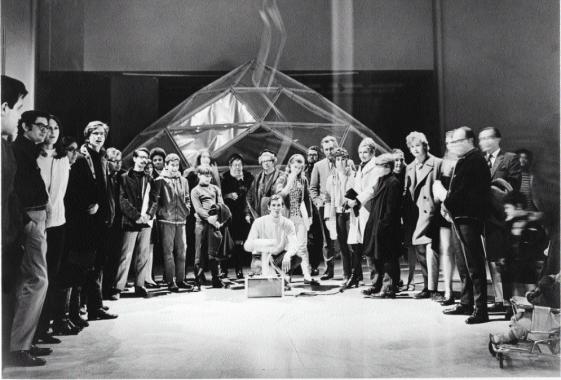
Thursday 27 October 2016, 6.30pm – 8.30pm
Arts Catalyst Center, 74-76 Cromer Street, London, WC1H 8DR
£3 – book here
Experiments and Incidents – Julie Martin and Barbara Steveni in Conversation with Neal White
A reunion between two pioneers in experimental and incidental art practices
IMCC and CREAM at the University of Westminster and Arts Catalyst are delighted to host a reunion between two pioneers in experimental and incidental art practices, Julie Martin (Director of Experiments in Art and Technology) and Barbara Steveni (Artist Placement Group / O+I), chaired by Professor Neal White (University of Westminster).
Pushing at the limits of radical ideas and art practice since 1966, these two women have helped change the landscape of where and how art has been made. This is a unique opportunity to hear both in dialogue, reflecting on not only the past, but the future for art which has an experimental and incidental focus.
This collaboration between the University of Westminster and Arts Catalyst has been developed as part of Arts Catalyst’s season of events that mark the 50th anniversary of E.A.T. and the project the led to their founding 9 Evenings: Theatre and Engineering, titled 9 Evenings: Theatre and Engeneering Revisited 1966/2016.
In addition to this talk, the programme also includes an exhibition reflecting on the work of Experiments in Art and Technology at Arts Catalyst Centre for Art Science & Technology, a talks programme developed in collaboration with Afterall and Side Effects, a major new performance commission by Robert Whitman (co-Founder of E.A.T.).
This 9 Evenings: Theatre and Engeneering Revisited 1966/2016 programme is supported by Arts Council England, Cockayne – Grants for the Arts, The London Community Foundation, PACE, Afterall, Central Saint Martins, UAL, King’s Cross and Goldsmiths, University of London, University of Westminster, London: The Centre for Research and Education in Arts and Media (CREAM) with the Institute for Modern and Contemporary Culture (IMCC) and The Performance Studio.
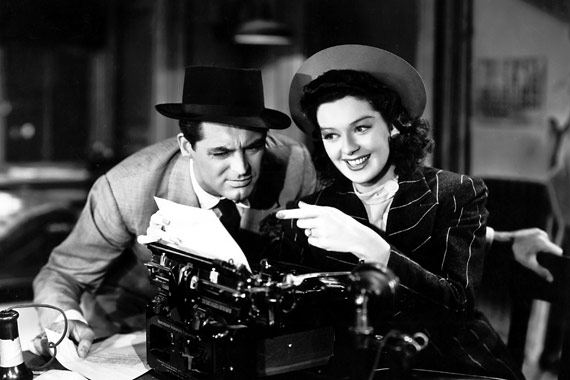
Wednesday 26th October, 5.00 – 7.00
Room 412, University of Westminster, 309 Regent Street, London W1T
“The married woman worker in fiction, c. 1870-1960”
Helen Glew (History, Westminster)
This paper forms part of a wider social and cultural history of the marriage bar and married women’s right to do paid work in the late 19th and early-mid 20th centuries. By examining fictional depictions of working wives in British, Canadian and US novels and short stories in this period – and also considering reactions to these – the paper will explore the ways in which fiction was used alternately as a means to critique society, to reimagine established norms or to act as a conservative or cautionary voice.
All welcome! (Please note the change of room and building from the previous seminar in the series.)
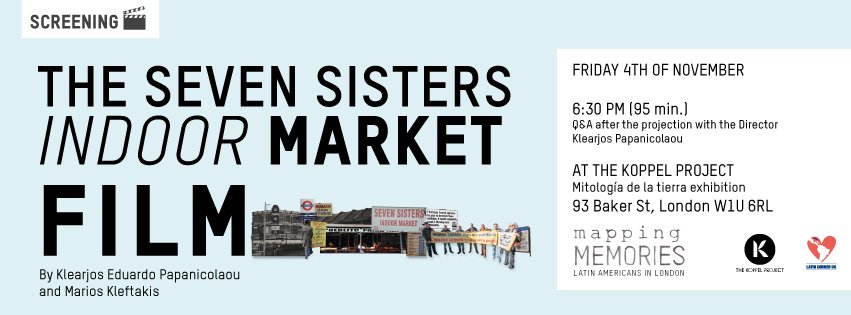
Veronica Posada, who is currently studying on our MA Art and Visual Culture, is organising a screening of The Seven Sisters Indoor Market Film on Friday 4th of November at 6:30pm, followed by a panel discussion with the filmmakers. The screening is part of Veronica’s participation in the Mitologia de la Tierra exhibition of seven Colombian artists at the Koppel Project in London (93 Baker Street, W1U 6RL), in which she is also presenting work from her research project ‘Mapping Memories’ (with Lorena Raigoso). Further details here.
Mapping Memories is a research tool and visibilization platform that supports recognition of Latin Americans in the UK, as well as promoting processes of unification and resistance against gentrification. See their website at: http://mappingmemory.weebly.com/
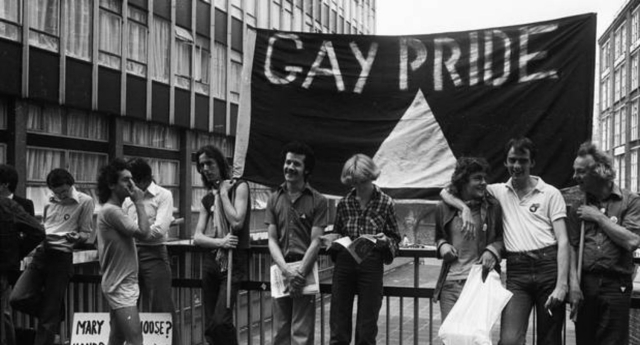
Friday 21st October, 7pm
Fyvie Hall, University of Westminster, 309 Regent Street, London W1
Sex, Time and Place: Queer Histories of London book launch
We’re delighted to pass on an invitation to the book launch for Simon Avery and Kate Graham’s fabulous collection Sex, Time and Place: Queer Histories of London, c. 1850 to the Present, which has just been published by Bloomsbury.
To help with catering, please RSVP here: https://www.eventbrite.co.uk/e/sex-time-and-place-book-launch-tickets-28363251248
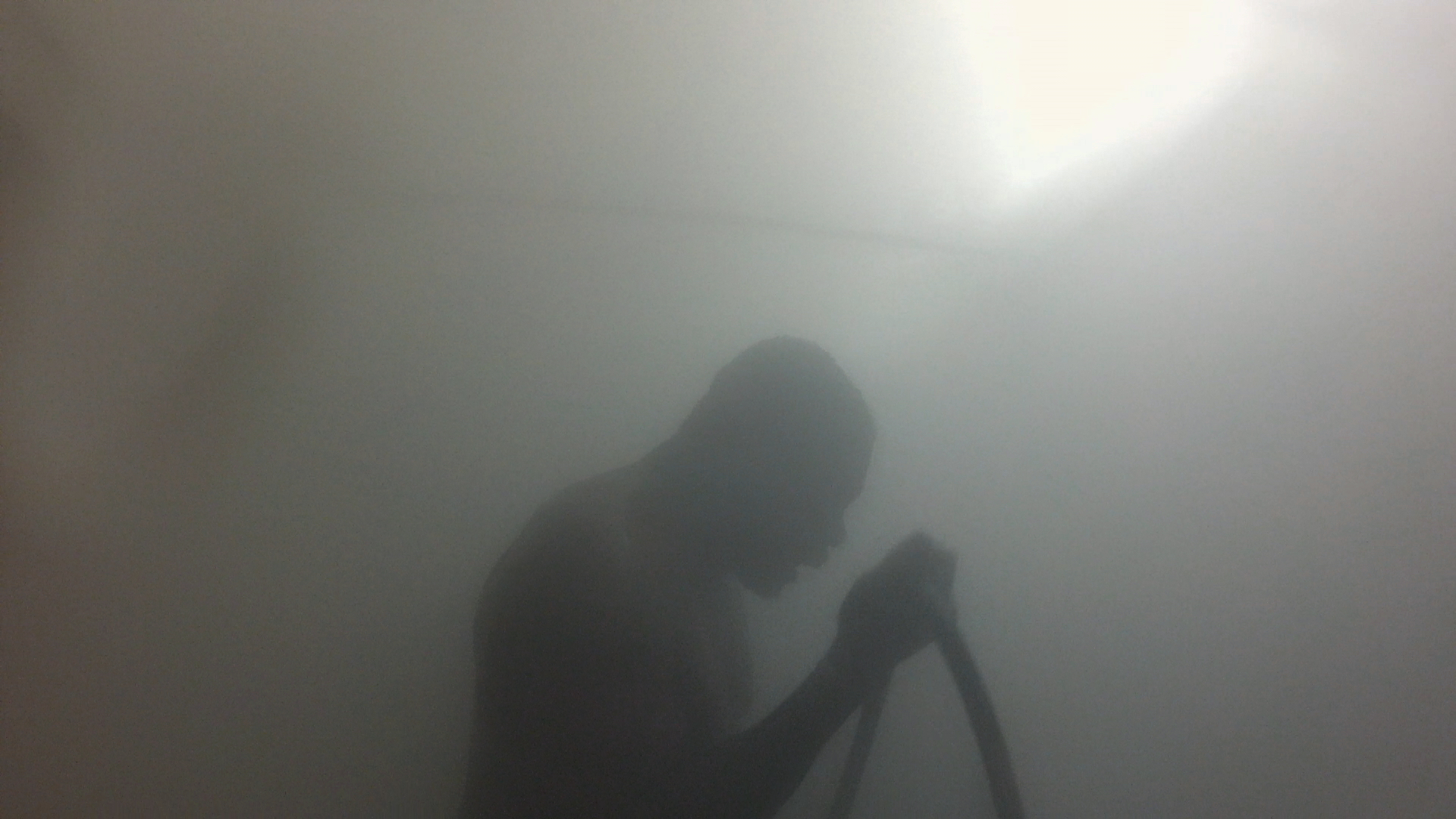
Wednesday 30th November, 2.00 – 5.00
University of Westminster, Harrow Campus
“The Baths”
One of our MA Art and Visual Culture students Sofia Pancucci-Mcqueen will (with her co-director Anouska Samms) be presenting her documentary “The Baths”, and accompanying research, to students on the Film and Television: Theory, Culture and Industry MA at Westminster. All staff and students welcome!
Tucked away in the corner of an industrial estate in Canning Town is a steam baths where men meet to wash, eat and chat. Visited daily by culturally diverse groups, it’s where bathing rituals intertwine and collective memories are forged. Made by two female filmmakers, Anouska Samms and Sofia Pancucci-McQueen, the documentary explores masculinity in a unique setting and invites us to observe often unseen cultural traditions that are integral to the lives of those who practice them.
The film highlights the transcultural nature of the baths whereby seemingly disparate traditions are continually exchanged. While each group may at first sight appear separate from one another, it soon becomes apparent that in sharing the same space they are also sharing wider cultural histories.
You can watch a trailer for the film here: https://vimeo.com/185019337

Monday 24th October, 6.00 – 8.00
Room M416, University of Westminster, 35 Marylebone Road, London NW1
The Architecture of Neoliberalism: How Architecture Became an Instrument of Control and Compliance
An invitation to the book launch for our friend Doug Spencer’s The Architecture of Neoliberalism, published by Bloomsbury. A talk by Doug about the book will be followed by a panel discussion with IMCC affiliate Jon Goodbun, Peg Rawes from the Bartlett School of Architecture and David Chandler from Westminster’s Centre for the Study of Democracy.
Look out, too, for a later one-day event at the Architectural Association on Friday 25th November, The (Dis)Enchanted Subject of Architecture, also timed to celebrate the publication of Doug’s book, with speakers including Libero Andreotti, Nadir Lahiji, Joan Ockman, Nina Power and the IMCC’s own David Cunningham. Details here: http://www.aaschool.ac.uk/VIDEO/lecture.php?ID=3500
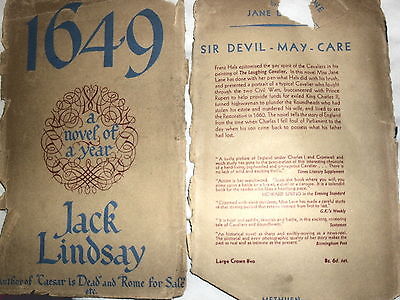
Wednesday 12th October, 5.00 – 7.00
Room 310, University of Westminster, 32-38 Wells Street, London W1T
“The British Communist Historical Novel: Marxism, Modernity and Historiography”
Elinor Taylor (Westminster)
In 1935, following the failures of revolutionary movements in Europe and the advances of fascism, the Comintern abandoned its sectarian ‘class-against-class’ policy and advocated instead the strategy of the Popular Front, an anti-fascist bloc that had as its base a ‘united front’ of working-class organisations and, predicated on that, a wider popular alliance. Central to this new orientation in Communism politics was a stress on national histories and traditions as the site and means of resistance to a fascism that was, as the Comintern’s General Secretary put it, ‘rummaging through the entire history of every nation’ for its means of national cultural legitimation. This paper considers the historical novel as a crucial historiographic genre for British communists in the late 1930s and early 1940s, focusing on a trilogy of novels of English history by Jack Lindsay. While in certain ways this trilogy, spanning the English civil war to the revolutions of 1848, seems to obediently answer the Comintern’s call for the cultural representation of national histories, it sceptically traces the arc of ‘bourgeois revolution’ as it was formulated in classical Marxist historiography, and in so doing stages a series of problematics – over the constitution of English modernity and the nature of class succession – that were inadmissible in other arenas. But the trilogy also constitutes a self-reflexive meditation on the novel’s own conditions of possibility and its political limits. In Georg Lukács’s 1937 study of the historical novel, it was the revolutionising energy of the bourgeoisie before 1848 that enabled the historical novel to access certain ‘epic’ qualities, and the final chapter of that work is organised around the claim that the Popular Front made possible the end of the genre’s retrograde, post-1848 phase. Lindsay’s work, however, might suggest a need to move out of and beyond the novel form, in its competing realist and modernist configurations, altogether, and the paper considers the ways that Lindsay’s work glimpses this other, unrealised form.
All welcome! Followed by drinks at the Green Man …


The Institute for Modern and Contemporary Culture
University of Westminster Department of English, Linguistics and Cultural Studies
32-38 Wells Street, London W1T 3UW. United Kingdom.
